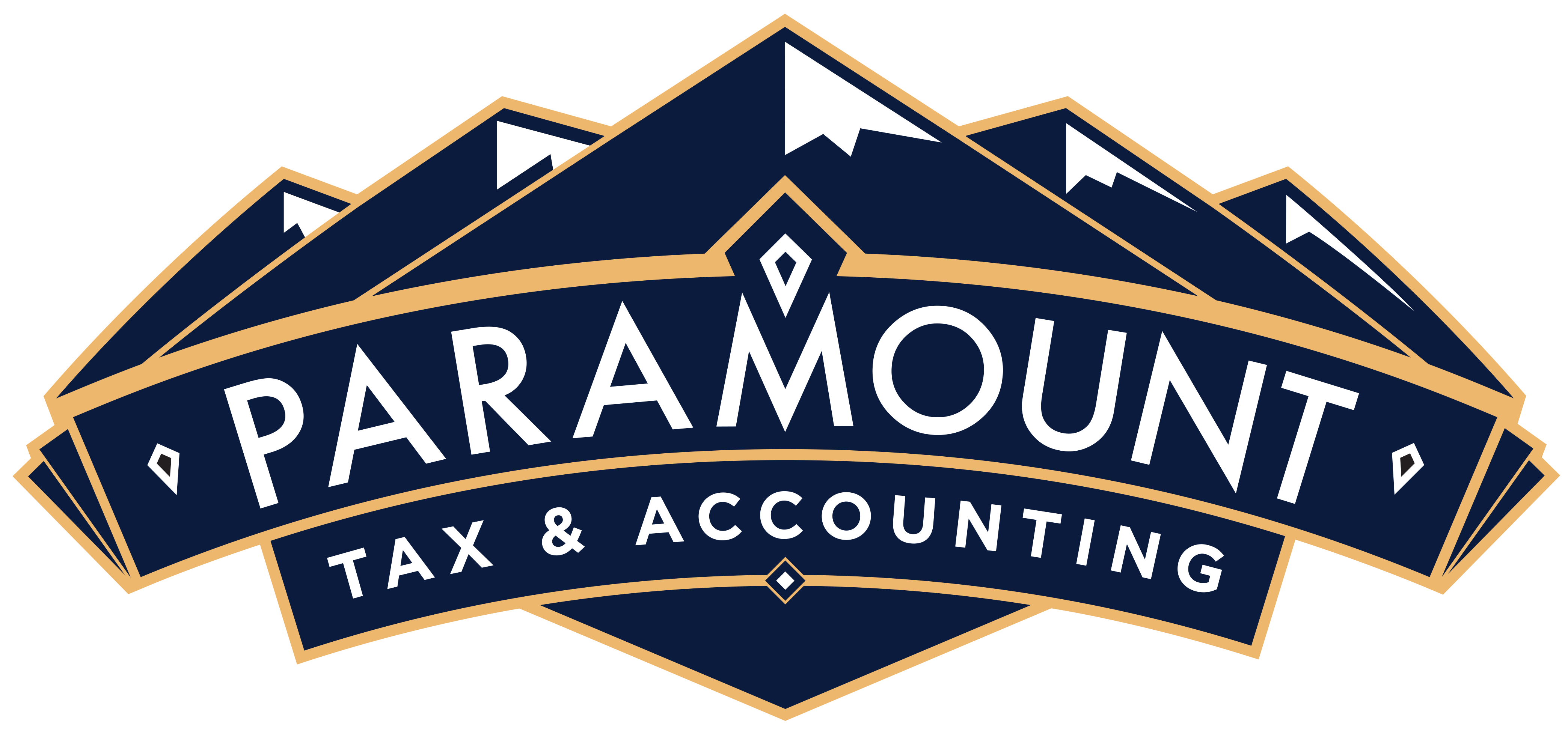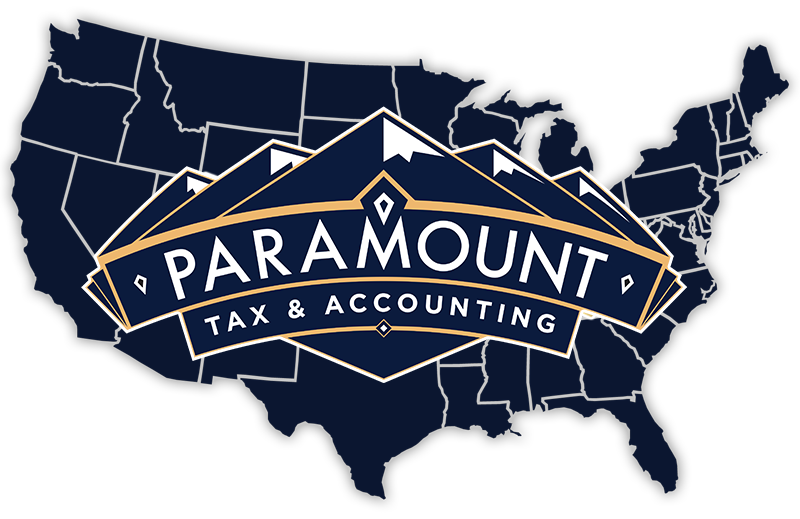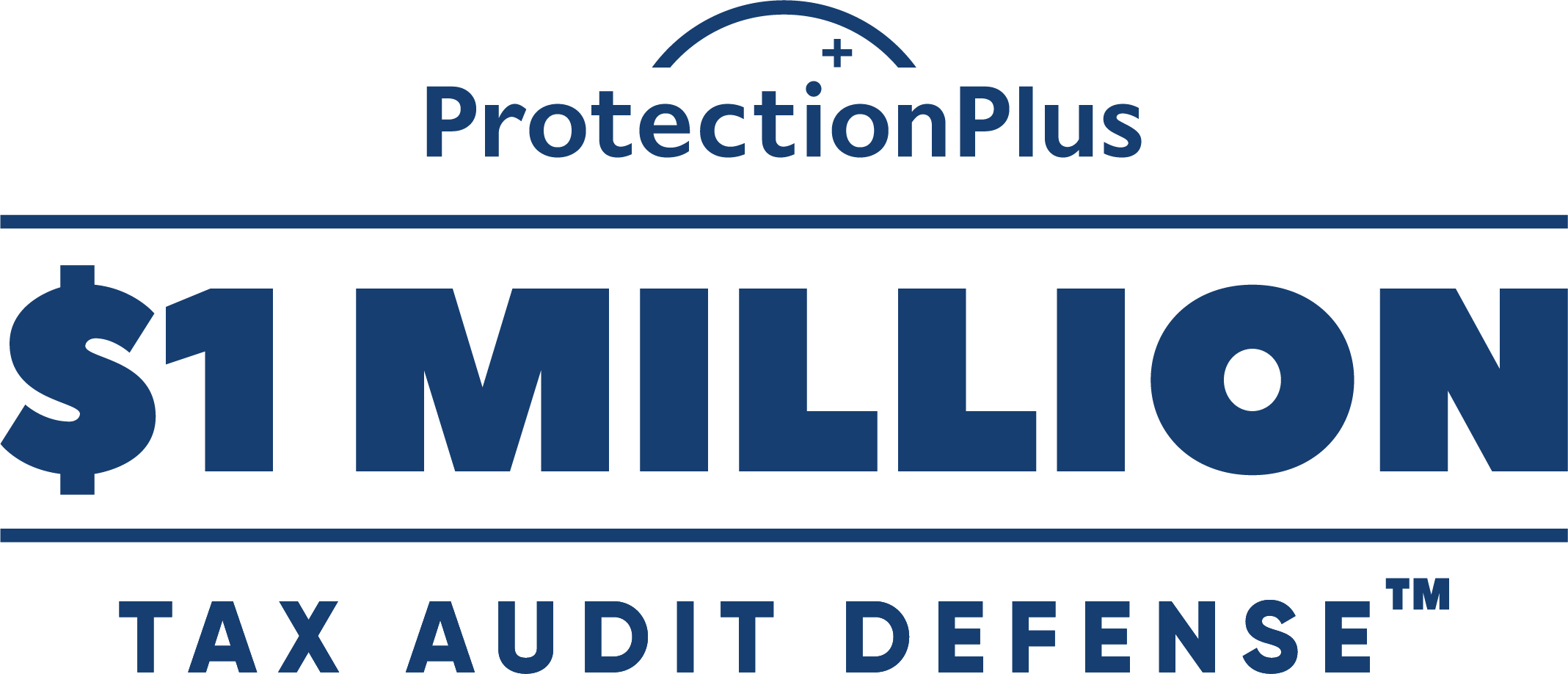How Does the 2018 Tax Plan Affect You?
On December 22, 2017, the President signed the Tax Cuts and Jobs Act. This act is a federal law that will affect all personal and business taxes in all states and cities such as Parker / Centennial, Colorado. It cuts the corporate tax rate from 35 percent to 21 percent beginning in 2018. The top individual tax rate will drop to 37 percent. It cuts income tax rates, doubles the standard deduction, and eliminates personal exemptions. The corporate cuts are permanent, while the individual changes expire at the end of 2025.
Wondering how this affects you personally or your business in Parker / Centennial, CO? Here's a summary of how the Act changes income taxes, deductions for child and elder care, and business taxes.
Income Tax Rate
The Act keeps the seven income tax brackets but lowers tax rates. Employees will see changes reflected in their withholding in February 2018 paychecks. These rates revert to the 2017 rates in 2026.
The Act creates the following chart. The income levels will rise each year with inflation. But they will rise more slowly than in the past because the Act uses the chained consumer price index. Over time, that will move more people into higher tax brackets.
| Income Tax Rate | Income Levels for Those Filing As: | ||
|---|---|---|---|
| 2017 | 2018-2025 | Single | Married-Joint |
| 10% | 10% | $0-$9,525 | $0-$19,050 |
| 15% | 12% | $9,525-$38,700 | $19,050-$77,400 |
| 25% | 22% | $38,700-$82,500 | $77,400-$165,000 |
| 28% | 24% | $82,500-$157,500 | $165,000-$315,000 |
| 33% | 32% | $157,500-$200,000 | $315,000-$400,000 |
| 33%-35% | 35% | $200,000-$500,000 | $400,000-$600,000 |
| 39.6% | 37% | $500,000+ | $600,000+ |
Deductions
It doubles the standard deduction. A single filer's deduction increases from $6,350 to $12,000. The deduction for Married and Joint Filers increases from $12,700 to $24,000.
It reverts back to the current level in 2026. As a result, 94 percent of taxpayers will take the standard deduction. The National Association of Home Builders and the National Association of Realtors opposed this. As more taxpayers take a standard deduction, fewer would take advantage of the mortgage interest deduction.
The Act eliminates most itemized deductions. That includes moving expenses, except for members of the military.
Those paying alimony can no longer deduct it, while those receiving it can. This change begins in 2019 for divorces signed in 2018.
It keeps deductions for charitable contributions, retirement savings, and student loan interest.
It limits the deduction on mortgage interest to the first $750,000 of the loan. Interest on home equity lines of credit can no longer be deducted. Current mortgage-holders aren't affected.
Taxpayers can deduct up to $10,000 in state and local taxes. They must choose between property taxes and income or sales taxes.
The Act expands the deduction for medical expenses for 2017 and 2018. It allows taxpayers to deduct medical expenses that are 7.5 percent or more of income. Before the bill, the cutoff was 10 percent for those born after 1952. Seniors already had the 7.5 percent cutoff. At least 8.8 million people used the deduction in 2015.
Health Insurance Mandate Tax
The Act repeals the Obamacare tax requiring individuals to have insurance in 2019.
Personal Exemptions
It eliminates personal exemptions. Before the Act, taxpayers subtracted $4,150 from income for each person claimed. As a result, some families with many children will pay higher taxes despite the Act's increased standard deductions.
The Act doubles the estate tax exemption to $11.2 million for singles and $22.4 million for couples. That helps the top 1 percent of the population who pay it. These top 4,918 tax returns contribute $17 billion in taxes. The exemption reverts to pre-Act levels in 2026.
It keeps the Alternative Minimum Tax. It increases the exemption from $54,300 to $70,300 for singles and from $84,500 to $109,400 for joint. The exemptions phase out at $500,000 for singles and $1 million for joint. The exemption reverts to pre-Act levels in 2026.
Child and Elder Care
The Act increases the Child Tax Credit from $1,000 to $2,000. Even parents who don't earn enough to pay taxes can claim the credit up to $1,400. It increases the income level from $110,000 to $400,000 for married tax filers.
It allows parents to use 529 savings plans for tuition at private and religious K-12 schools. They can also use the funds for expenses for home-schooled students.
It allows a $500 credit for each non-child dependent. The credit helps families caring for elderly parents.
Business Taxes
The Act lowers the maximum corporate tax rate from 35 percent to 21 percent, the lowest since 1939.
It raises the standard deduction to 20 percent for pass-through businesses. This deduction ends after 2025. Pass-through businesses include sole proprietorships, partnerships, limited liability companies, and S-corporations. They also include real estate companies, hedge funds, and private equity funds. The deductions phase out for service professionals once their income reaches $157,500 for singles and $315,000 for joint filers.
The Act limits corporations' ability to deduct interest expense to 30 percent of income. For the first four years, income is EBITDA, but reverts to earnings before interest and taxes thereafter. That makes it more expensive for financial firms to borrow. Companies would be less likely to issue bonds and buy back their stock. Stock prices could fall. But the limit generates revenue to pay for other tax breaks.
It allows businesses to deduct the cost of depreciable assets in one year instead of amortizing them over several years. It does not apply to structures. To qualify, the equipment must be purchased after September 27, 2017, and before January 1, 2023.
The Act requires stiffens the requirements on carried interest profits. Carried interest is taxed at 23.8 percent instead of the top 39.6 percent income rate. Firms must hold assets for a year to qualify for the lower rate. The Act extends that requirement to three years.
The Act eliminates the corporate AMT. The corporate AMT had a 20 percent tax rate that kicked in if tax credits pushed a firm's effective tax rate below that level. Under the AMT, companies could not deduct research and development spending or investments in low-income neighborhood.
It advocates a change from the current "worldwide" tax system to a "territorial" system. Under the worldwide system, multinationals are taxed on foreign income earned. They don't pay the tax until they bring the profits home. As a result, many corporations leave it parked overseas. Under the territorial system, they aren't taxed on that foreign profit. They would be more likely to reinvest it in the United States. This will benefit pharmaceutical and high tech companies the most.
The Act allows companies to repatriate the $2.6 trillion they hold in foreign cash stockpiles. They pay a one-time tax rate of 15.5 percent on cash and 8 percent on equipment.
Oil Drilling
It allows oil drilling in the Arctic National Wildlife Refuge.
Electric Vehicles and Wind Farms
It retains tax credits for electric vehicles and wind farms.
Drug Research
It cuts the deduction for orphan drug research from 50 percent to 25 percent. Orphan drugs target rare diseases.
Alcohol
The Act cuts taxes on beer, wine, and liquor.


Request Appointment
The 2018 tax plan carries with it the most drastic change in our tax code in 30 years. As experienced Tax Professional's in Parker / Centennial, we are responsible for precisely understanding and efficiently enacting any changes due to new tax laws that affect your personal and/or business tax filings. This is why it is critically important to have an experienced accountant in your corner when it comes to your upcoming 2018 taxes and beyond. It is our duty and pleasure to help individuals and businesses take every step to ensure the proper deductions, credits and strategies are exercised for your benefit. Please contact Paramount Tax & Accounting Centennial for a free tax planning consultation in Parker / Centennial and learn how to best approach your business and/or personal taxes in 2018!
Call 720-881-9950 today!
Free 3-Year Tax Review
We review 3 years back to find errors / missed deductions.
Paramount Experience
Many people do not know how a professional tax firm differs from a tax preparer. The main difference when working with a professional tax and accounting firm, such as Paramount Tax & Accounting Centennial, is that our firm utilizes the services of licensed professionals.
Paramount has worked hard to create relationships to deliver the value that our clients expect. In fact, our goal is to be the No. 1 firm in Parker / Centennial. So when you ask yourself, "Where can I find accounting services near me?"... think no further than Paramount Tax & Accounting Centennial!
Upgrade to Tax & Accounting Firm
Whether you are filing personal taxes or you own a business, if you are not already using a professional tax and accounting firm, you have most likely already missed out on major tax benefits, deductions and credits. This is because a professional tax and accounting firm utilizes licensed professionals, who can not only advise individuals on personal financial matters but who are qualified to advise businesses, financial institutions, nonprofit organizations and government agencies on a wide range of financial topics. Our strict standards ensure that we understand the complicated tax laws and how to implement strategies that return the most benefits to individuals and businesses. Give Paramount Tax & Accounting Centennial a call or visit our tax and accounting firm in Parker / Centennial for a free consultation.



